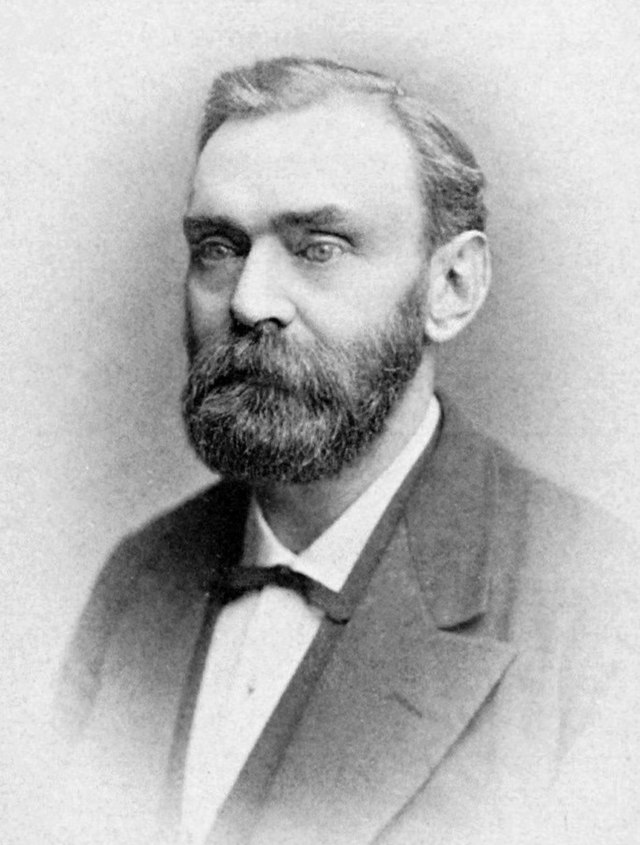“For all have sinned and fall short of the glory of God,
being justified freely by His grace through the redemption
that is in Christ Jesus”
(Romans 2:23-24).
In 1964, at thrirty-five years of age, Martin Luther King was given the Nobel Peace Prize for his constant appeal to non-violence and his fight for civil rights. He was the main promoter of the historical March on Washington, in which more than two hundred thousand people participated on August 28, 1963. Before the multitude, and at the feet of the Lincoln Memorial, he gave an emotional discourse, from which I will highlight the following:
“No, no we are not satisfied, and we will not be satisfied until ‘justice rolls down like waters and righteousness like a mighty stream.
I am not unmindful that some of you have come here out of great trials and tribulations… Let us not wallow in the valley of dispair… And so even though we face the difficulties of today and tomorrow, I still have a dream. It is a dream deeply rooted… I have a dream that one day… the sons of former slaves and the sons of former slave owners will be able to sit down together at the table of brotherhood.
I have a dream… ‘and the glory of the Lord shall be revealed, and all flesh shall see it together.’ … I have a dream that one day the state… will be transformed into an oasis of freedom and justice.
Let freedom ring. And when this happens… we will be able to speed up that day when all of God’s children – black men and white men, Jews and Gentiles, Protestants and Catholics – will be able to join hands and sing in the words of the old Negro spiritual: “Free at last! Free at last! Thank God Almighty, we are free at last!”
It is very poignant to think about the ideals that led Martin Luther King to dream and act, but more poignant still thinking about God’s dream, when the walls of separation come tumbling down, when we are all one, when slavery from sin will be over and we will receive the Nobel Prize of the crown of life.
Paul says that all human beings are sinful and fall short of the glory of God. When sin entered the human race, we lost the image of God, and in order to restore it we were redeemed.
Redemption was the repurchase of a lost slave or the purchase of a captive who had lost their freedom in war. In both cases there was a price to pay. It was not paid by the slave or the captive; it was paid by the goel, or redeemer – in other words, the closest relative.
Jesus is our closest relative, our Redeemer.
We have been bought for a price, immeasurable for God,
but free for us. No one sells a gift, let alone God.
He is love and generosity in His very essence.
Let’s believe in Him, you and I, now!
God bless you, just believe…










